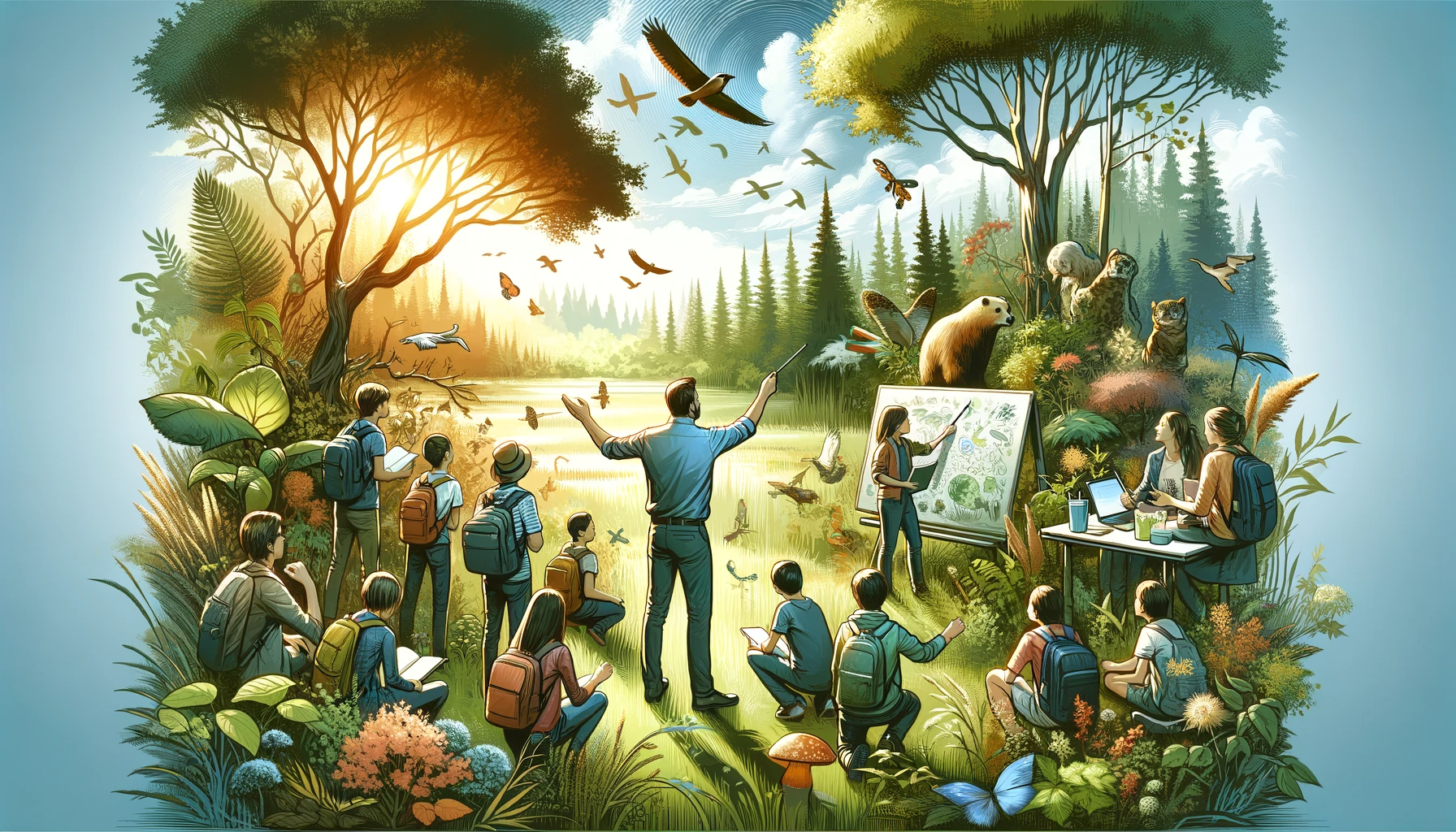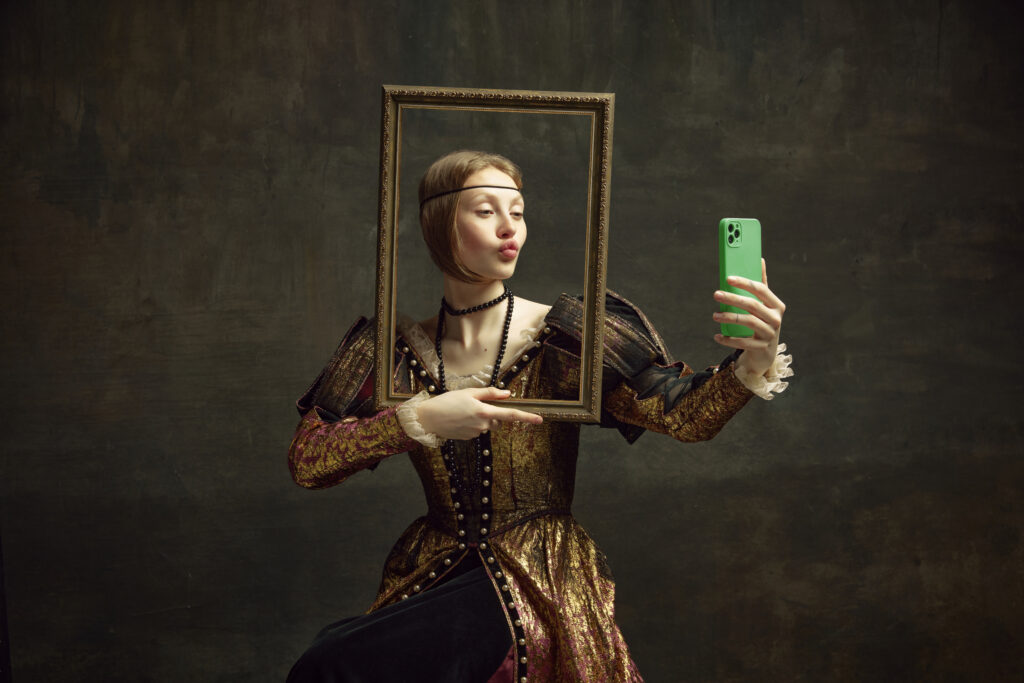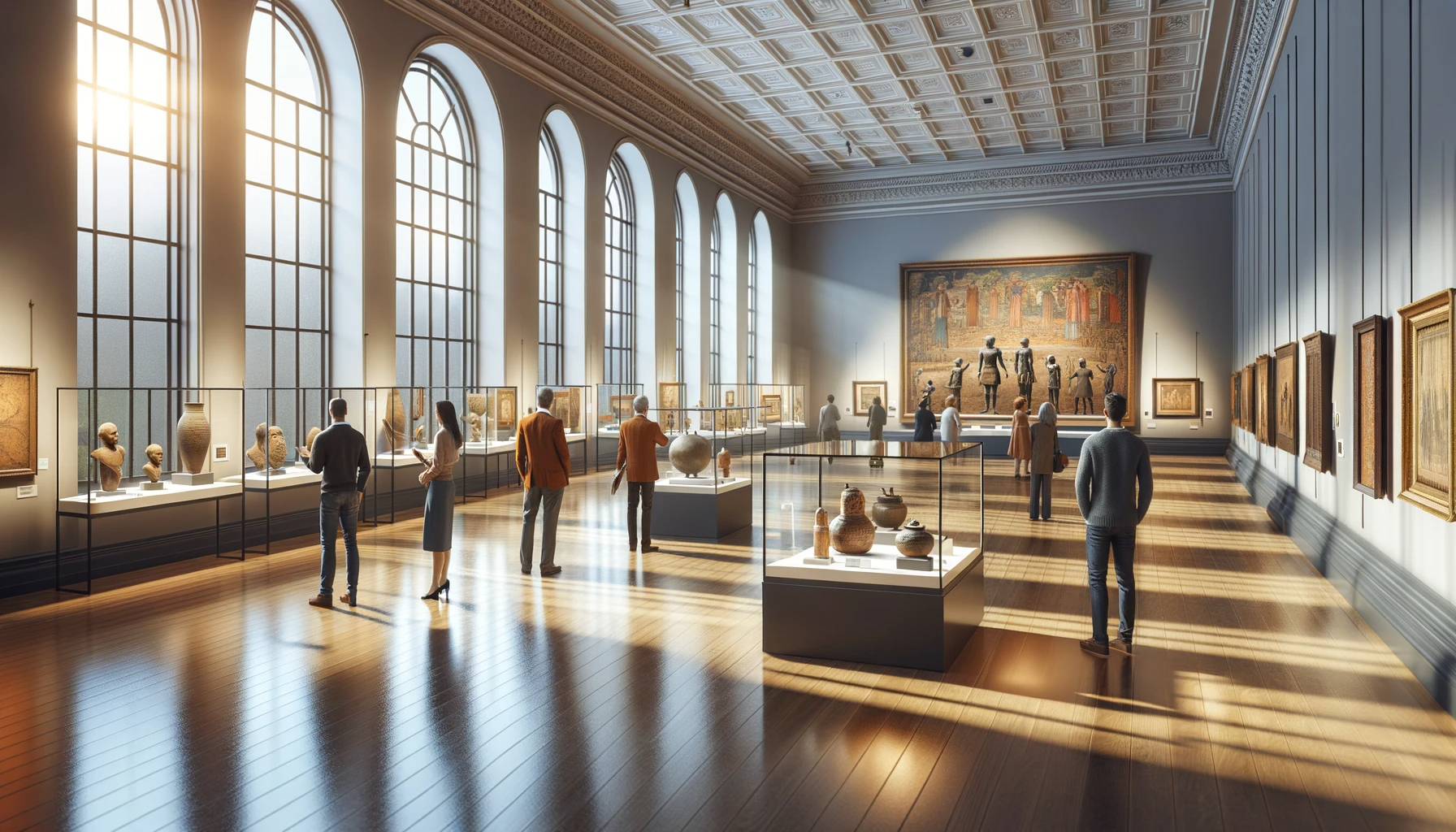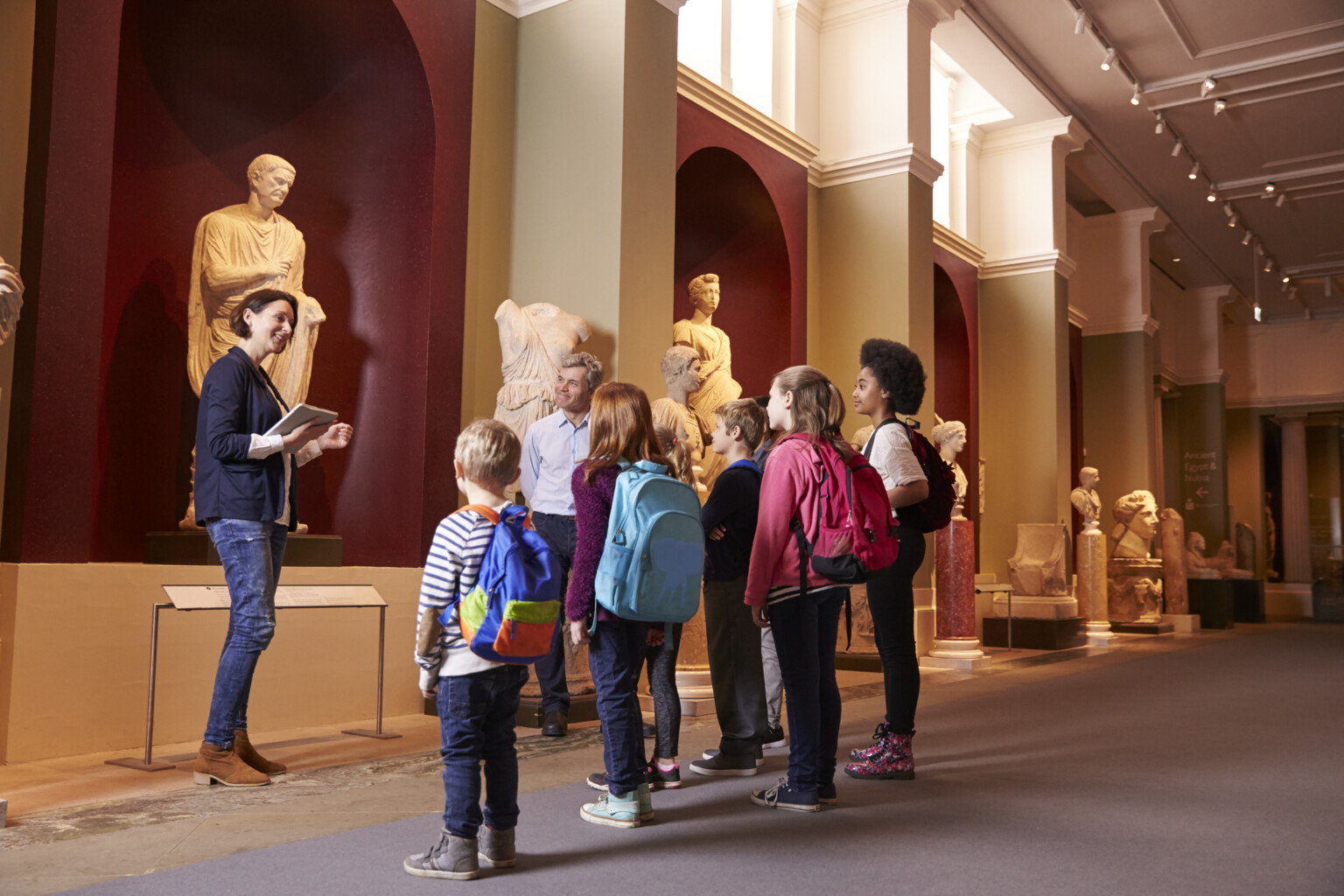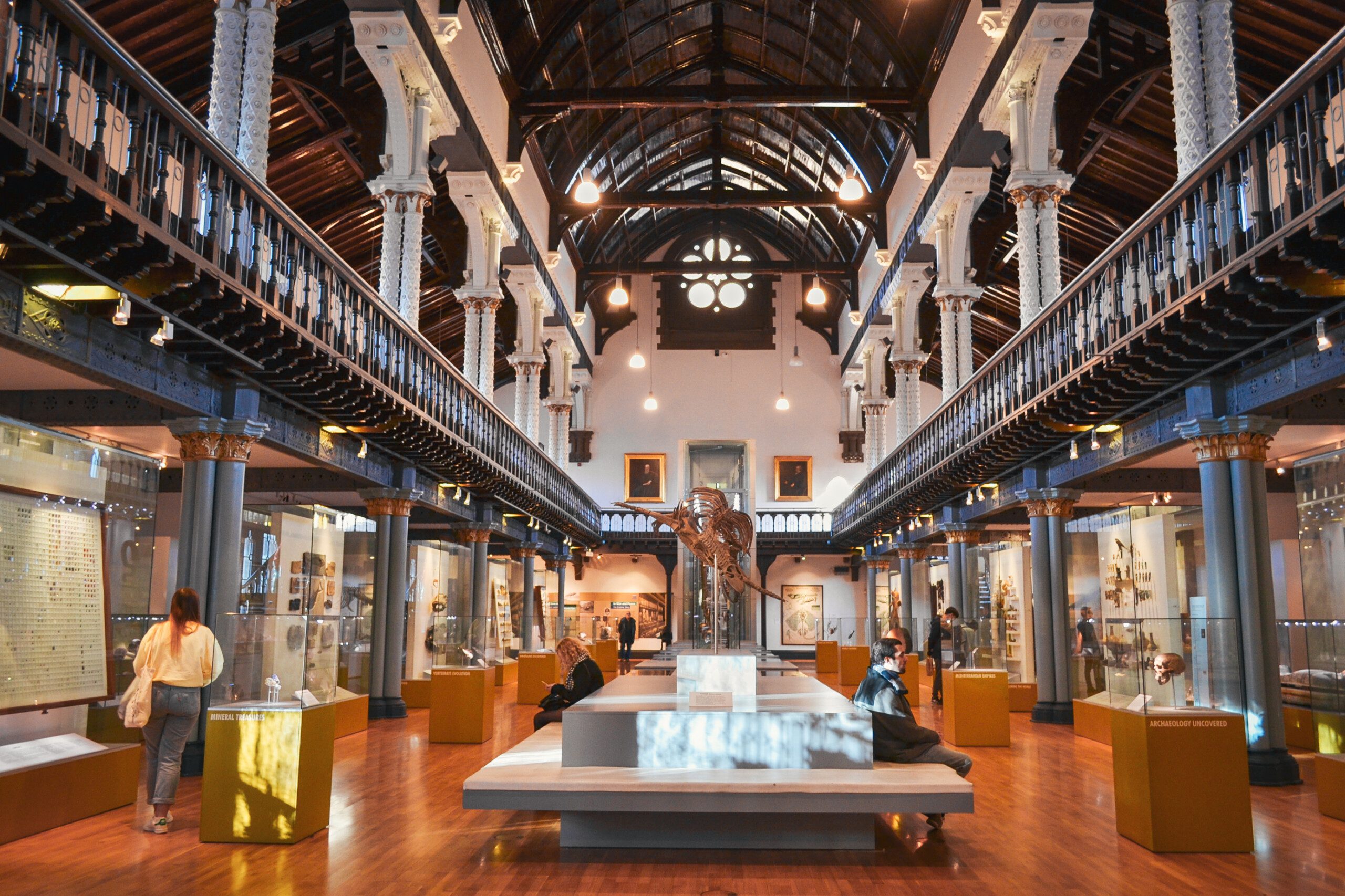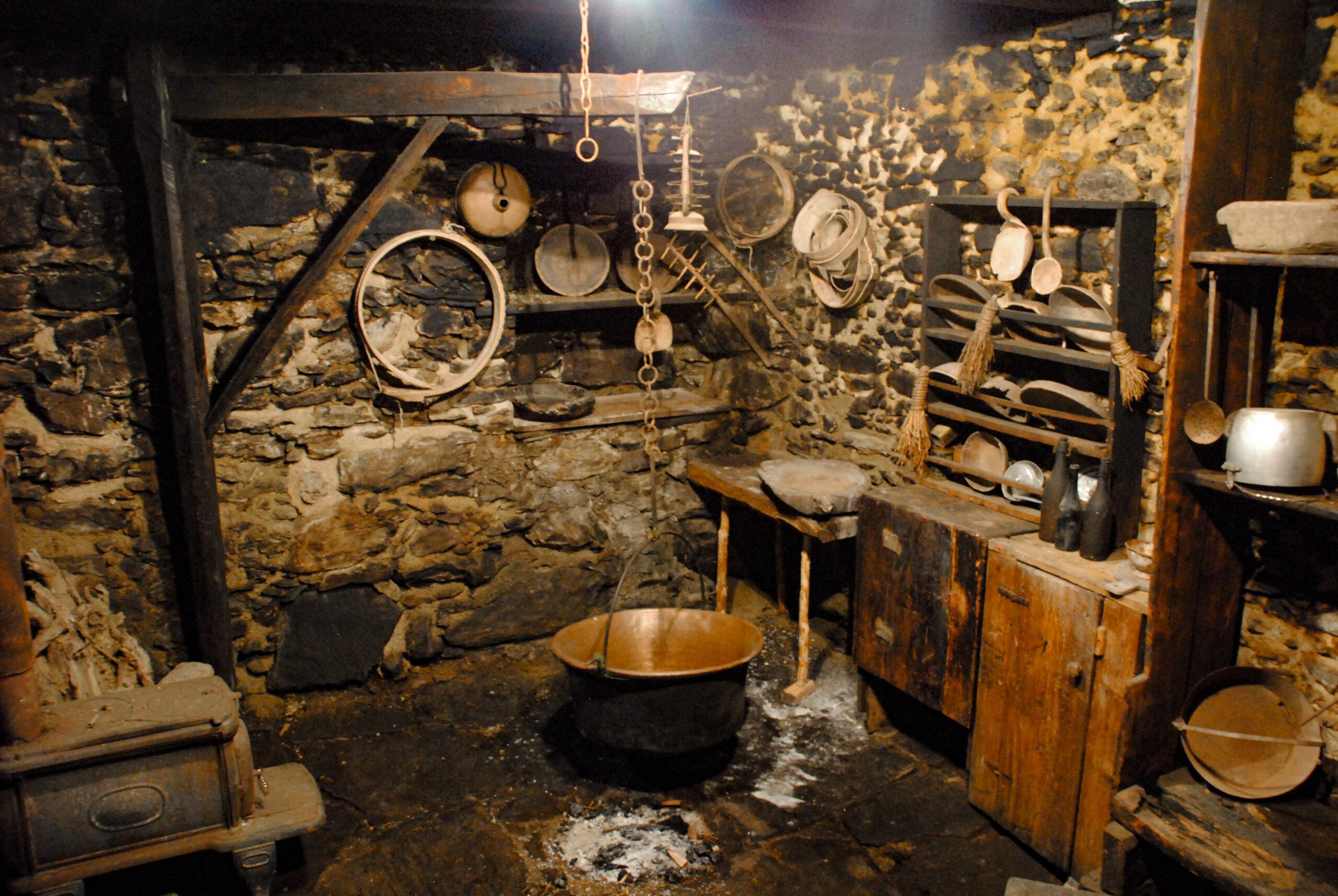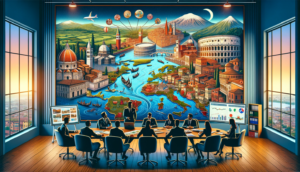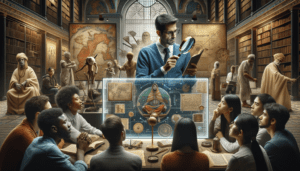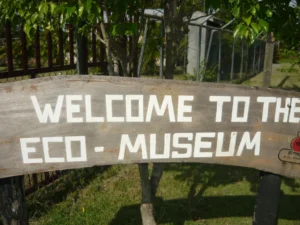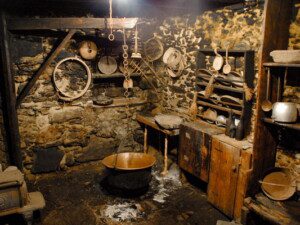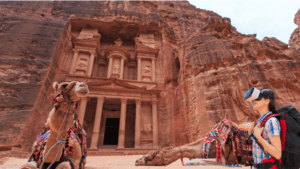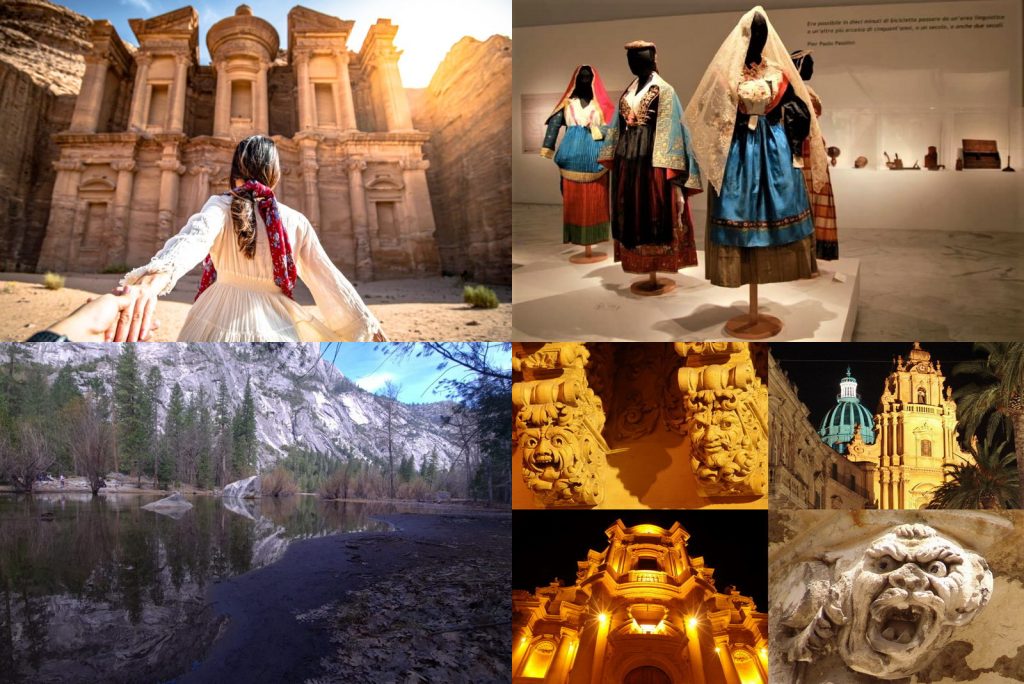Voice actor: Reference scheme

Scheme D) Unregulated profession without a defined scheme (provisional scheme)
The reference scheme is based on the 'modelSkills Cycle' and is in line with the 'Tourism, Arts, Heritage Competence Framework (TAH-CF)'. the TAH-CF is defined in accordance with the European Qualifications Framework (EQF), the Recommendation of the European Parliament and of the Council 2009/C 155/02 (ECVET) and the APNR (Non-Regulated Professional Activities) scheme adopted by UNI for the technical standardization of unregulated professions.”
The form is made available to all stakeholders in the cultural tourism supply chain in order to collect comments and useful elements for identifying the initial scheme. All interested parties are invited to improve the sheet by sending their contributions to info@aiptoc.itP
Description
PAS20: Voice Actor (VI Level EQF)
The dubber is an actor who, rather than acting with his entire body (voice, body, posture, gaze, expression) lends his voice in a scene to the service of the original actor of the shot.
His work is fundamental to maximize the creative intensity and the performance original in all languages, so that the television program, film or commercial can be screened and broadcast all over the world. The voice actor can also work in the capacity of Speaker.
The voice actor's activity takes place in three fundamental moments, very distinct from each other.
– pre-production phase in which the material is prepared, the dialogues and the work plan are developed and adapted for the definition of budgeting and casting.
– production phase in which the dubbing of the various portions of the film takes place.
– post production phase in which synchronization, mixing, transcription on the film and final checks are taken care of.
Where he works
Cinema, TV, Advertising, Videomaking, Radio, video games
Duties of a Voice Actor might include:
- Material Preparation: Read and study the dialogues and the script to prepare for dubbing.
- Adaptation of Dialogues: Work on adapting dialogues into the target language, maintaining consistency with the original.
- Dubbing Recording: Lend your voice to dub various portions of films, TV programs or commercials.
- Lip Sync: Ensure that the dubbing is in perfect sync with the original actor's lip movements.
- Collaboration with the Production Team: Work closely with directors, audio engineers and other voice actors.
- Participation in Post-production Sessions: Collaborate in the mixing and final transcription phases onto film or digital medium.
- Maintenance of Vocal Quality: Practice and maintain your voice to ensure high-quality vocal performance.
Standards of Reference
- European Qualification Framework (EQF)
- Recommendation 2009 / C 155/02 (European Credit System for Vocational Education and Training - ECVET)
- Law 4/2013 relating to unregulated professions (Italy)
Profile Evaluation Criteria
To certify the possession of skills, it is proposed to take into consideration methodologies that take into account the following aspects in a non-mutually exclusive manner, i.e. possibly in combination with each other:
- Qualifications awarded in the academic field (Formal Learning)
- Specific Training (Non-Formal Learning)
- Work, professional or artistic experience (Informal Learning)
Work, professional or artistic experience can be demonstrated through various tools including:
- Curriculum Vitae
- Professional portfolio
- Objective placement on the market (awards, regional, national or international recognition)
- Publications (scientific or editorial)
Requirements for access to the professional figure
Since the professional figure is not organized in an order or college, the requirements may vary based on the relevant Professional Association or other criteria established by the individual interested parties. Below are the requirements adopted by AITOC - Italian Association of Tourism Professionals and Cultural Operators.
- Professionals who have attended courses in which the title of XNUMXst or XNUMXnd level academic diploma related to the professional figure in question is issued, issued by an Institute of Higher Artistic, Musical and Dance Education (AFAM);
Or
- Having attended specific training courses for the professional figure in question organized/recognised by Universities, Regions or professional associations established pursuant to law 4/2013 and recognized by the Ministry of Business and Made in Italy (MIMI ex MISE) and at least six months, even if not continuous, of proven work, professional or artistic experience in the relevant sector
Or
- Three-year degree and at least two years, even if not continuous, of proven work or professional experience in the reference sector
Or
- Second grade secondary school diploma and at least five years, even if not continuous, with proven work or professional experience in the relevant sector
Or
- Regardless of the qualification, recognition of the requirements by AIPTOC - Italian Association of Tourism Professionals and Cultural Operators (*).
(*) Note: it is believed, given the particularity of the figure of the artist in question, to recognize this professionalism regardless of qualifications but also taking into account solely the artistic experience. In this case, the evaluation of the following aspects is particularly important
- Curriculum Vitae
- Professional portfolio
- Objective placement on the market (awards, regional, national or international recognition)
-
The following registers and lists are also recognized for inclusion purposes:
- Be included in the Registers of Professional Associations established pursuant to law 4/2013 and recognized by the Ministry of Business and Made in Italy (MIMI ex MISE) as long as they refer to the competence in question
-
Related searches on the Skills Archive Databases (UNDER IMPLEMENTATION)
Featured Heritage Interpretation
Featured training
Basic courses
High Specialization Courses



